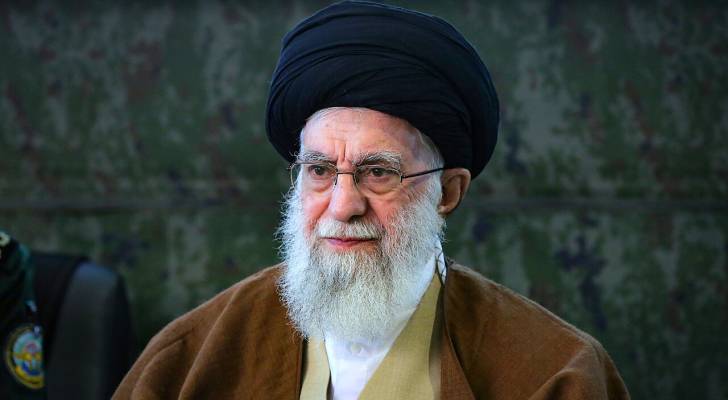Ali Khamenei (Credit:
Iran's Khamenei rejects US nuclear proposal
Iran’s Supreme Leader Ayatollah Ali Khamenei dismissed a recent US nuclear proposal on Wednesday, calling it “100 percent against” the country’s national interests. His comments come as Washington and Tehran struggle to revive a nuclear agreement after years of faltering diplomacy.
In a televised speech, Khamenei criticized the proposal — relayed via Omani intermediaries — for contradicting the ideals of Iran’s 1979 Islamic revolution. “Independence means not waiting for the green light from America and the likes of America,” he said.
A central sticking point remains Iran’s uranium enrichment program. While US President Donald Trump declared this week that his administration would not accept “any” enrichment, Iranian officials have made clear they consider it a non-negotiable right under international law.
“Enrichment is key to our nuclear programme,” Khamenei said. “If we have 100 nuclear power plants but don’t have enrichment, they will be of no use to us... because nuclear power plants need fuel.” He warned that relying on foreign fuel sources would subject Iran to restrictive conditions.
According to a report in The New York Times, the latest US proposal involves allowing Iran to continue limited uranium enrichment, while simultaneously exploring the construction of nuclear power plants and regional enrichment facilities overseen by a consortium. However, Iran has previously stated that any such consortium would be supplementary — not a substitute for its domestic program.
Foreign Minister Abbas Araghchi, Iran’s top nuclear negotiator, reinforced this stance on X, saying, “No enrichment, no deal. No nuclear weapons, we have a deal.”
Tensions over Iran’s nuclear ambitions have spiked in recent weeks, following the release of a new International Atomic Energy Agency (IAEA) report. The agency noted an increase in Iran’s stockpile of 60 percent enriched uranium — a level well beyond the 3.67 percent ceiling set by the 2015 nuclear agreement, though still short of weapons-grade.
The IAEA also criticized what it described as Tehran’s “less than satisfactory” cooperation, citing unresolved questions over nuclear material detected at previously undeclared sites.
Earlier this week, Araghchi met with IAEA Director General Rafael Grossi in Cairo, in what observers believe was a last-minute effort to ease tensions ahead of the agency’s Board of Governors meeting later this month.
Iran continues to insist its nuclear program is for peaceful energy production, while Western governments accuse it of covertly advancing weapons capabilities.
The original 2015 agreement offered Tehran relief from crippling international sanctions in return for strict oversight of its nuclear activities. But in 2018, the US unilaterally withdrew from the deal under Trump, reimposing sanctions and triggering a slow unraveling of the accord.
The remaining European signatories — Britain, France, and Germany — are now debating whether to invoke the agreement’s “snapback” mechanism, which would automatically reimpose UN sanctions due to Iran’s non-compliance. That option is set to expire in October.
Meanwhile, Iranian officials have dismissed the IAEA’s latest findings as politically motivated, accusing the agency of relying on “forged documents” allegedly supplied by Israel.




